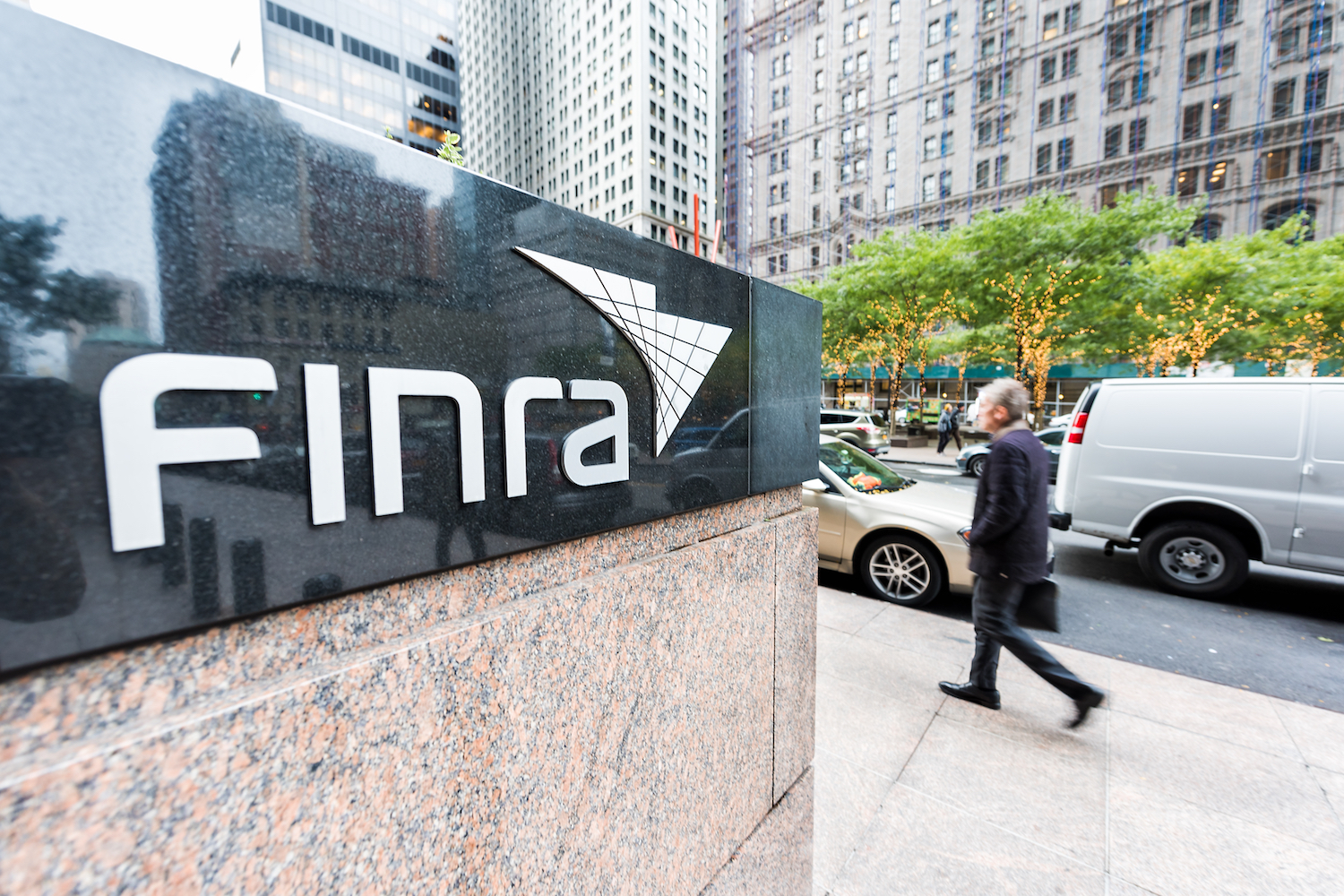1.4% of FinCEN’s Suspicious Activity Reports Since 2013 Mentioned Crypto
Kenneth Blanco (Credit: Donna Burton/U.S. Customs and Border Protection/Filckr)
1.4% of FinCEN’s Suspicious Activity Reports Since 2013 Mentioned Crypto
More than 70,000 crypto-related suspicious activity reports (SARs) have been filed since 2013, but the Financial Crimes Enforcement Network (FinCEN) has issued a stark warning that some offshore companies may not be doing enough to stamp out illicit behavior.
Speaking at CoinDesk’s Consensus: Distributed virtual conference on Wednesday, FinCEN Director Kenneth Blanco said that around half of these reports were submitted by crypto companies themselves, allowing FinCEN to build a better map of IP and wallet addresses that are linked to potential criminals. Still, the figure represents just 1.4% of the more than 4.9 million reports FinCEN received overall between 2014 and 2019.
Back in December, Blanco confirmed FinCEN received a total of 11,000 crypto-related SARs, with 7,100 filed by crypto companies themselves, between May and December 2019. In August 2018 FinCEN was getting as many as 1,500 filings every month.
FinCEN collects and analyzes data from across the financial sector in order to enforce the U.S.’ strict anti-money laundering (AML) regulations.
While better monitoring from traditional financial institutions, as well as FinCEN’s improving expertise in covering the space itself, has made it easy to oversee the crypto space, Blanco said self-reporting from industry players themselves remains “paramount.”
But there were some unresolved issues. Some offshore crypto companies operated as unregistered money services businesses (MSB) with no proper AML policy or commitment to reporting suspicious activity.
“We are increasingly concerned that businesses located outside the United States continue to try to do business with U.S. persons without complying with our rules,” Blanco said. “If you want access to the U.S. financial system, and the U.S. market, you must abide by the rules. We are serious about enforcing our regulations.”
FinCEN is also beginning to look closely at privacy coins and any company offering them. Blanco added officials would also begin to inspect the Anti-Money Laundering and Countering Financing of Terrorism Act (AML/CTF) controls in place to ensure exchanges are acting in full compliance.
“If you’re going to avail yourself of the U.S. financial system from abroad, you should not consider it a viable competitive advantage to do so without engaging in the financial integrity practices that make this financial system so powerful,” he warned.
Watch the full video below:
Disclosure Read More
The leader in blockchain news, CoinDesk is a media outlet that strives for the highest journalistic standards and abides by a strict set of editorial policies. CoinDesk is an independent operating subsidiary of Digital Currency Group, which invests in cryptocurrencies and blockchain startups.









